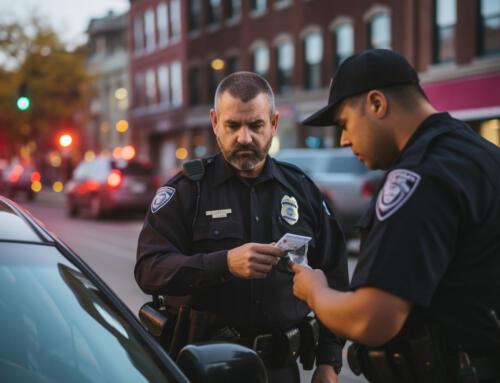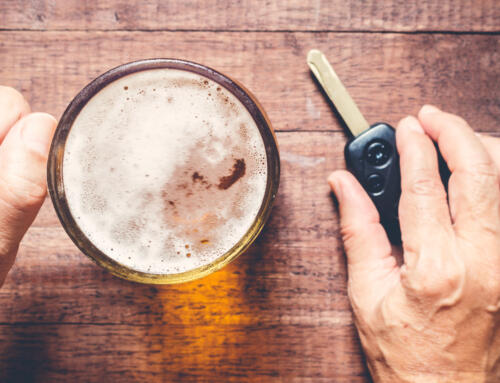After getting convicted of a second DUI within 5 years, Georgia law requires you to either install an ignition interlock device on their vehicle or get an ignition interlock financial hardship waiver. This waiver is primarily for those people who would find themselves in a financial hardship over the costs of getting this installed in their car. However, is getting the waiver the best idea for you? In short, not usually. By reading on, you can learn about interlock waivers and why they aren’t a good idea.
Applying for an Interlock Waiver
You do need to wait for the “hard” suspension time to be over before you can apply for this waiver. A motion needs to be filed in the court where your DUI conviction took place. This means that the court where you had your 2nd DUI. In some cases, the prosecutor will agree to the waiver. In most cases, you need to go to court for this waiver. For the most part, the attorney can attend this hearing without you.
Reasons to Avoid Getting an Interlock Waiver
It’s important to know while this is an option for you, this is an option that you may not want to consider. One of the biggest reasons why you should avoid it is because it may end up being more costly for you in the long run when you consider the legal costs of getting the waiver. Then, you may not even be guaranteed to be granted the waiver since most judges don’t like the image of being soft on repeat offenders.
Can I still Drive After my DUI?
There’s also the misconception that if you get your waiver, you are free to drive around immediately. This isn’t the case. If your waiver is approved, you are making an agreement with the courts that you won’t drive for a period of 12 months, whereas you can drive after some time with the interlock device. If this is your 3rd offense, you are agreeing to not drive for a term of 3 years.
Another common misconception with these waivers is that you can just not drive for a while then you can legally drive again. The time for your punishment doesn’t start until you have the device installed or the waiver is approved. So even if you haven’t driven for that term, it doesn’t count under Georgia law until you have dealt with getting a device or waiver.
There is an exception to this rule: if you live out of state and there are no compatible requirements in your home state. This is when you would get a waiver, though the suspension will still be in place on the National Driver’s License Registry and this will prevent you from getting a permit or license in your state.
Conclusion
In general, it isn’t a good idea to get a waiver because it’s not really worth it in the end. You have to pay additional lawyer and court fees, which could be more costly than just getting the interlock device installed.







